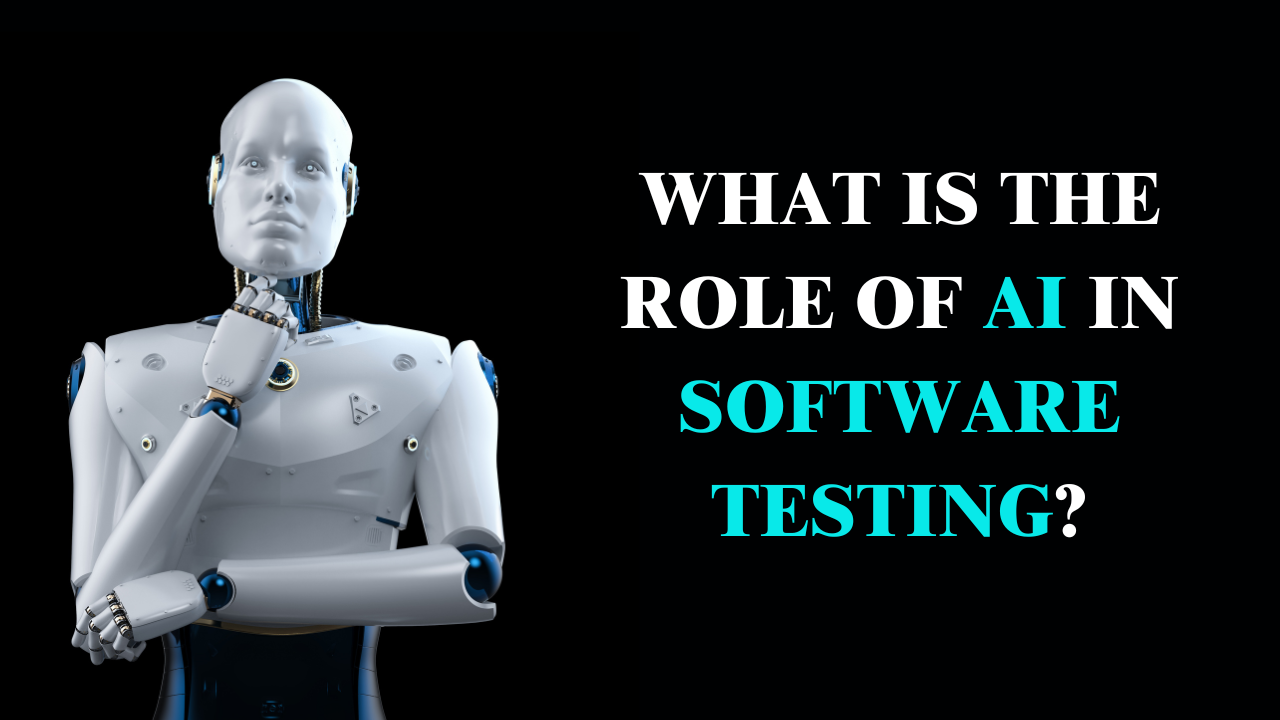In recent years, the integration of artificial intelligence in software testing has revolutionized the way quality assurance (QA) teams approach their work. As software becomes increasingly complex and user expectations rise, traditional testing methods are struggling to keep pace. This is where AI in software testing comes in, offering a powerful solution that enhances efficiency, accuracy, and coverage.
Understanding AI in Software Testing
AI in software testing refers to the use of machine learning algorithms and other AI technologies to automate and optimize various aspects of the testing process. Unlike conventional automated testing, which relies on predefined scripts, AI testing systems can learn from past test results, adapt to changes in the software, and even generate new test cases on their own.
Intelligent Test Case Generation
One of the primary roles of AI in software testing is test case generation. Traditionally, QA engineers manually create test cases based on their understanding of the software's functionality. This process is time-consuming and prone to human error, as it's easy to overlook certain scenarios. AI testing tools, however, can analyse the application's structure, user interactions, and historical data to automatically generate a comprehensive set of test cases. These AI-generated tests often cover edge cases and rare conditions that human testers might miss.
Self-Healing Test Automation
Test automation is another domain where AI is making a big impact. While traditional test automation requires constant maintenance as the software evolves, AI testing tools can adapt to changes. They use machine learning to understand the application's behaviour and update test scripts accordingly. This self-healing capability reduces the maintenance burden on QA teams, allowing them to focus on more strategic tasks.
Enhancing Test Data Management
Furthermore, AI is enhancing test data management. In many cases, testers struggle to create realistic, varied test data that covers all scenarios. AI systems can generate synthetic data that mirrors real-world usage patterns, ensuring thorough testing. They can also anonymize sensitive production data, making it safe for use in testing environments.
AI in Performance Testing
When it comes to performance testing, AI's analytical prowess shines. AI algorithms can analyse system metrics in real-time, identifying bottlenecks and predicting performance issues under various load conditions. This helps teams optimize their applications for scalability and responsiveness.
The Human Factor in AI Testing
Despite these advances, it's important to understand that AI in software testing is not a replacement for human testers. Rather, it's a powerful tool that augments their capabilities. AI excels at repetitive, data-driven tasks, but it lacks human intuition and contextual understanding. QA professionals are still essential for designing test strategies, interpreting results, and making nuanced judgments about user experience.
Conclusion
AI is transforming software testing, making it faster, more accurate, and more comprehensive. From generating test cases to predicting bugs, from visual testing to performance analysis, AI testing tools are enhancing every facet of QA. As software continues to grow in complexity, the role of AI in software testing will only become more critical. By embracing these technologies, teams can deliver higher-quality software, keep up with rapid development cycles, and ultimately, provide better user experiences.














Post Comments